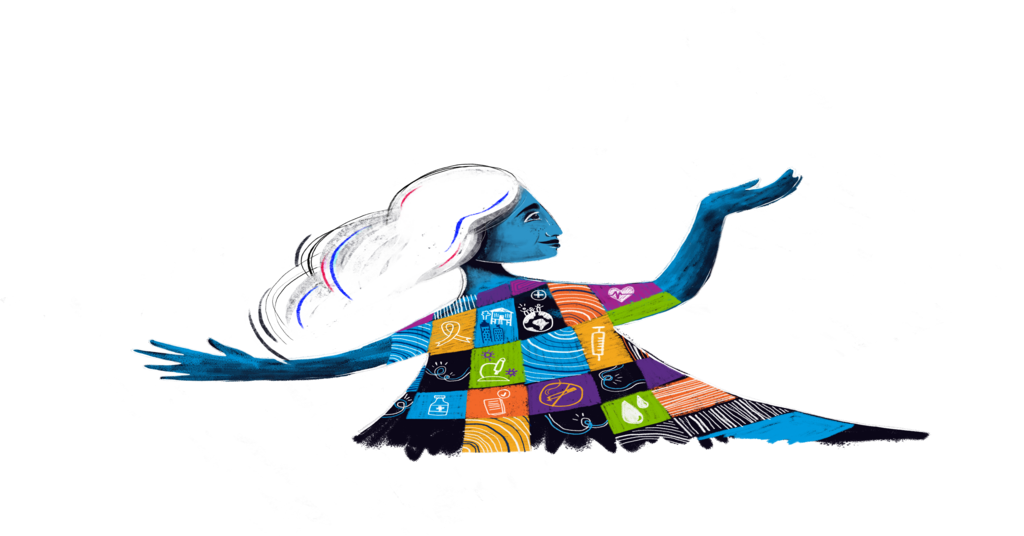
A list of deaf stand-up comedy
September 17, 2021
Cherishing Deaf History: Recognizing the Challenges of our Past
September 20, 2021Deaf woman hopes to drive change after going viral

A deaf woman’s video hopes to make a change for deaf people everywhere, after she experienced a negative situation at coffee and doughnut chain, Dunkin’ Donuts. Shannon Heroux, a 32-year-old California resident, recently went viral in a video in which she breaks down, venting about the difficulties of being deaf during the pandemic.
Deaf Woman’s Video Goes Viral
Shannon Heroux, who has a cochlear implant, posted her video on TikTok, where it has 1.1 million likes as of this writing. The woman’s video is also posted on Instagram, though it’s only captioned on TikTok.
The video has gone viral for an important reason, and it’s hitting a nerve with deaf people everywhere.
Heroux writes in the caption that on September 10 she was refused service because of she’s deaf.
“I’ve never been refused service before, and it hurts,” she says in the video. “It hurts really bad. Dunkin’ Donuts is my favorite place to go.”

“After processing this incident, I now realize something needs to change,” Heroux writes. “I want to spread awareness on how hard this pandemic has been for deaf people. So much ignorance out there and that needs to be corrected. If someone tells you they’re deaf, believe them. Most of us can lipread, and it’s 10x quicker than writing everything down to communicate.”
Read more: Study: How face masks affect acoustics and speech understanding
Discrimination During the Pandemic
Heroux also writes that she’s considered “dangerously deaf,” because she speaks “extremely well.” She says when she wears her cochlear implant, she can communicate well enough that her deafness is typically not detected. The constant struggle of trying to understand people through masks has been emotionally and physically draining, she says.
Heroux goes on to say she had similar issues at other stores during the pandemic.
“We struggle so much during this pandemic,” she says in the video. “Enough is enough.”
“We struggle so much during this pandemic. Enough is enough.”
Accommodations for the Hard-of-Hearing During the Pandemic
Like many people with hearing loss, Heroux struggles with not being able to lip-read because of the requirement of face masks. Like many in her situation, she asked the manager to pull his mask down, but some people aren’t comfortable with masks being pulled down, since COVID-19 is airborne.
Another accommodation that deaf people have defaulted to during the pandemic is to write out the message, which Heroux also says the manager refused to do.
An alternative is to use a smartphone to type it. Using speech-to-text has also served many deaf people during the pandemic. Some businesses and restaurants have also implemented apps that allow advance ordering, which supports the deaf community. Starbucks does this, and so does Dunkin’ Donuts. However, sometimes the apps don’t feature all the items. This is what happened to Heroux; the drink she wanted wasn’t available on the app.
Read more: Speech-to-Text apps for the deaf community
While this Dunkin’ Donuts incident is unfortunate, hopefully it will have positive repercussions. Not only is it increasing awareness and understanding of what deaf people endure during the pandemic, but it will hopefully also educate Heroux and others about some easy solutions for communication barriers.
Sparking Change
Heroux shared an update on Instagram, where she posted a letter from Dunkin’ Donuts, who reached out asking for more information. Heroux says she plans to call corporate Monday morning, but also intends to file an ADA complaint. An apology isn’t enough for her, because she wants to prevent future incidents, she says.
“Enough is enough and something needs to change,” she writes on Instagram. “Corporate is the first step and if there is no change, I will go as far as the White House if I have to. What deaf people go through and HAVE gone through everyday during this pandemic needs to spread across the nation. This change begins NOW.”



